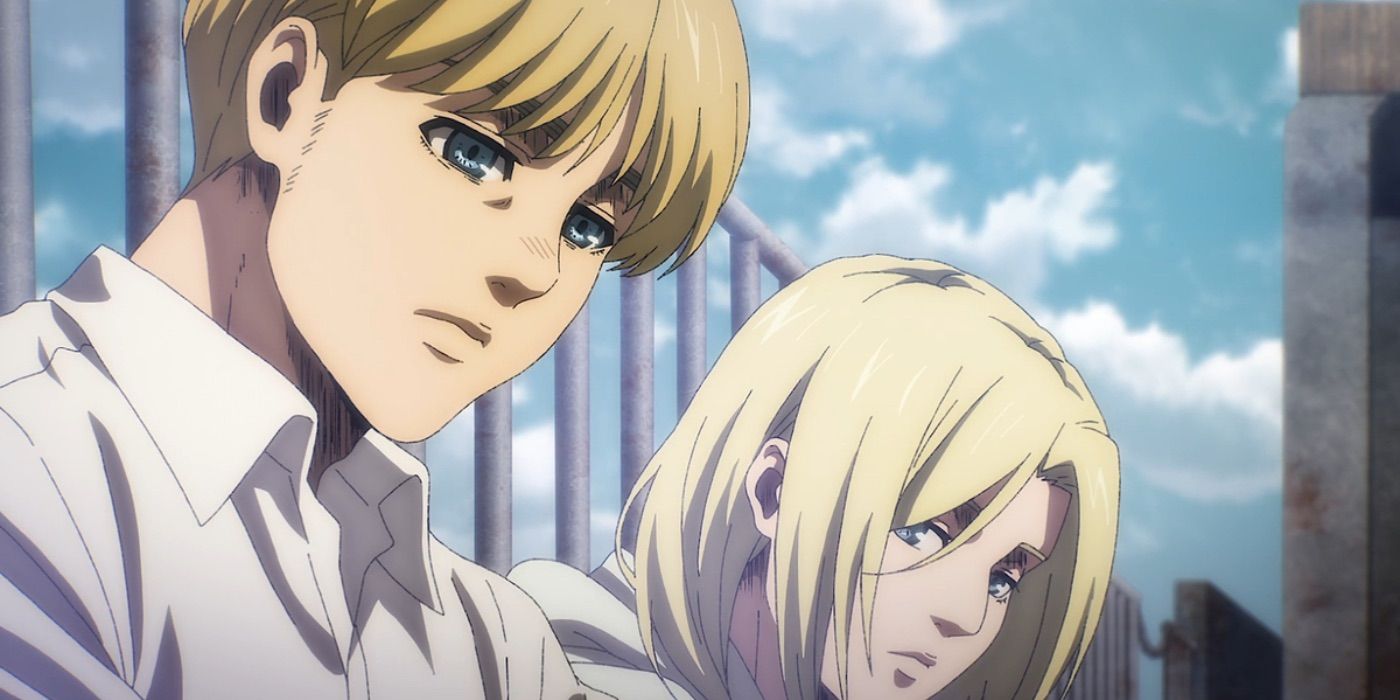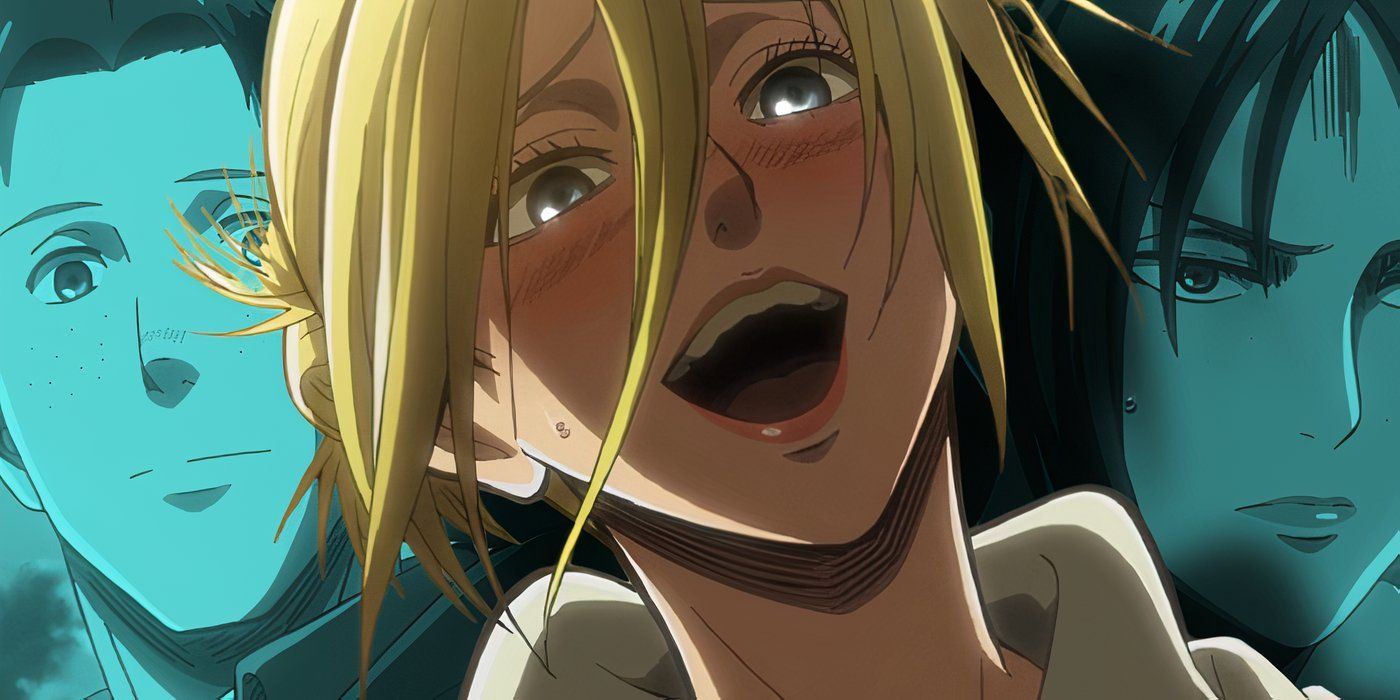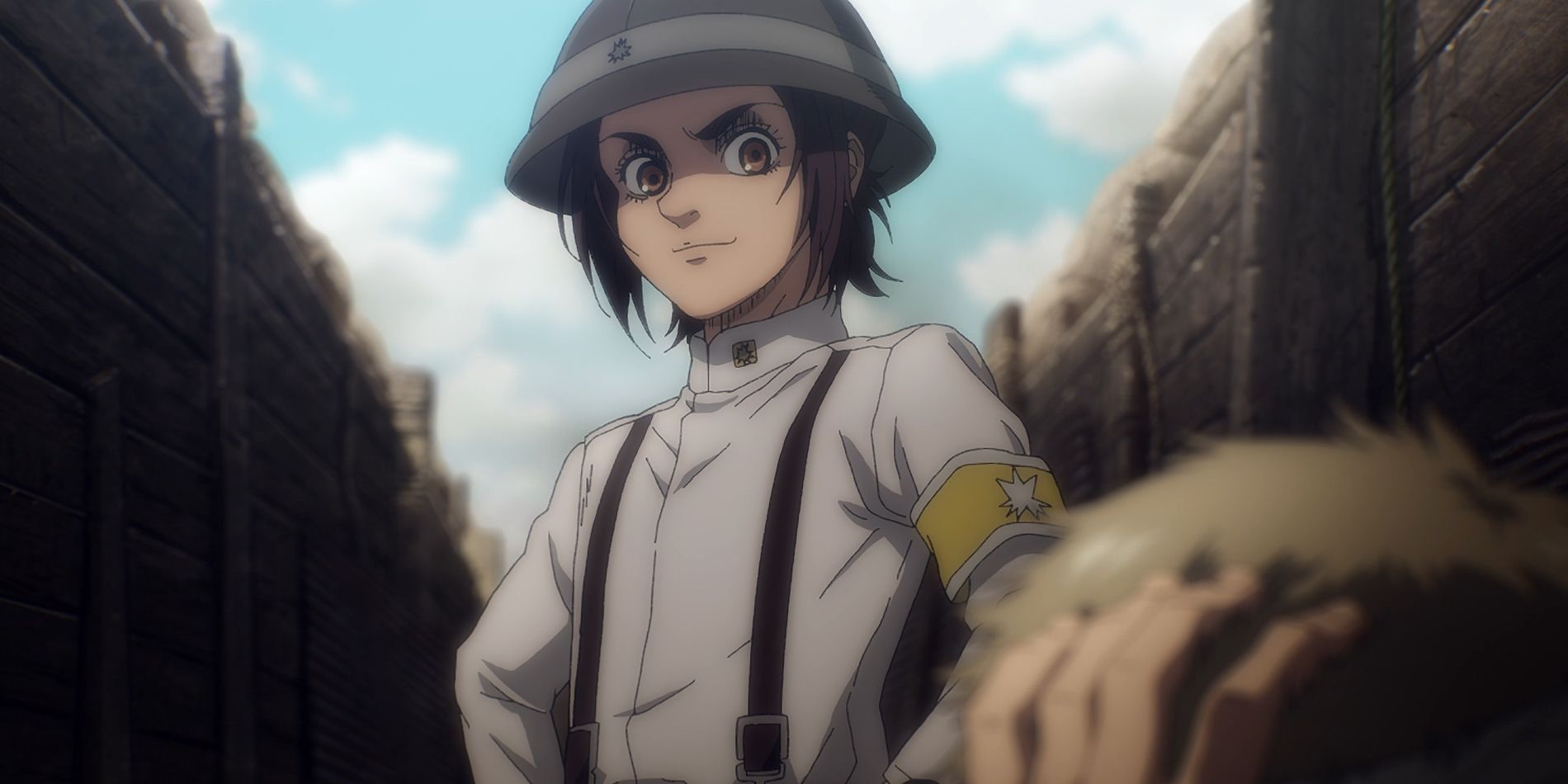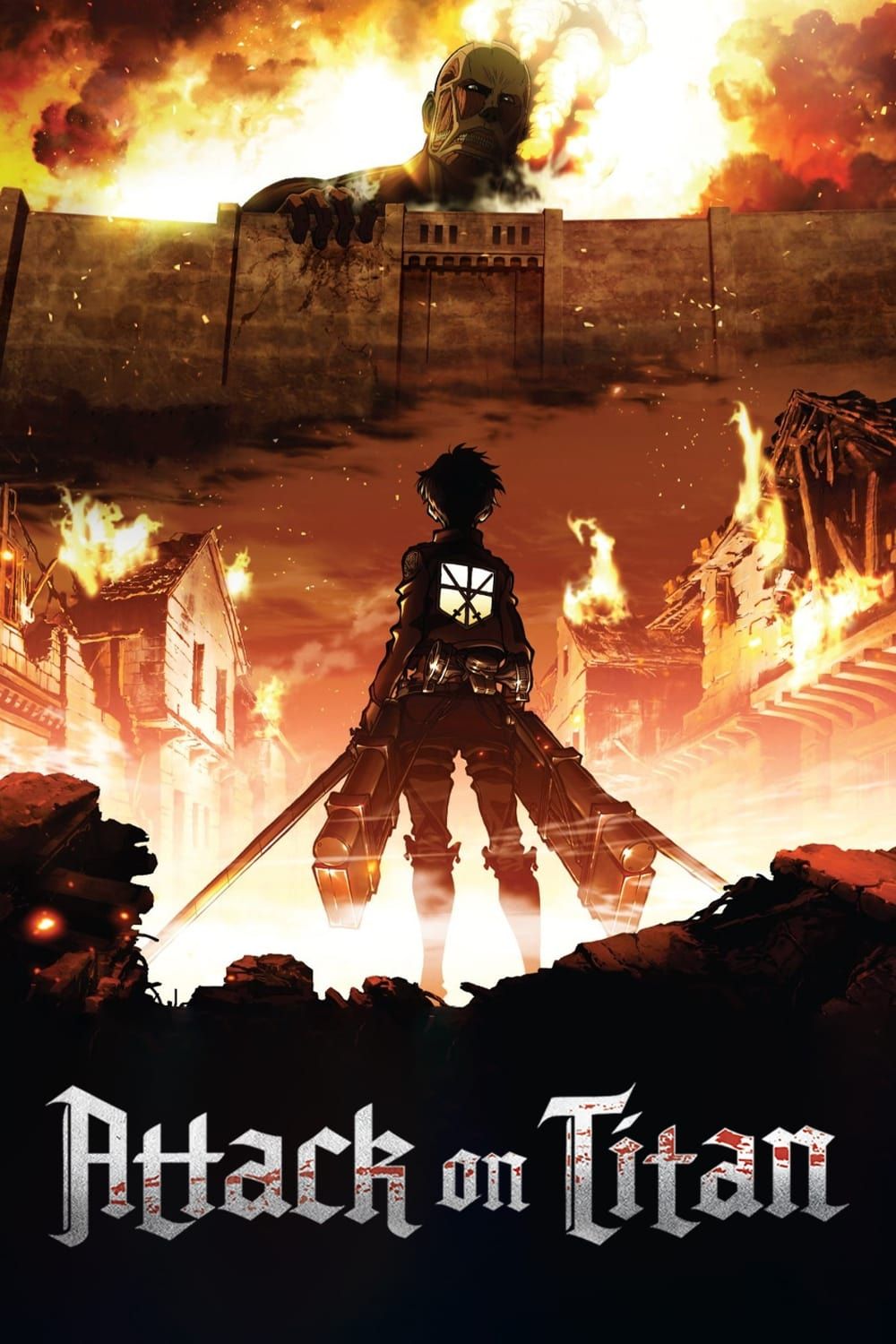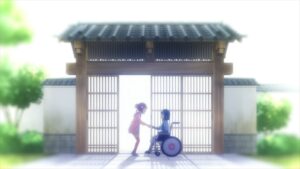If You’re Going to Hate Attack on Titan’s Most Controversial Character, Then Don’t Forgive This One
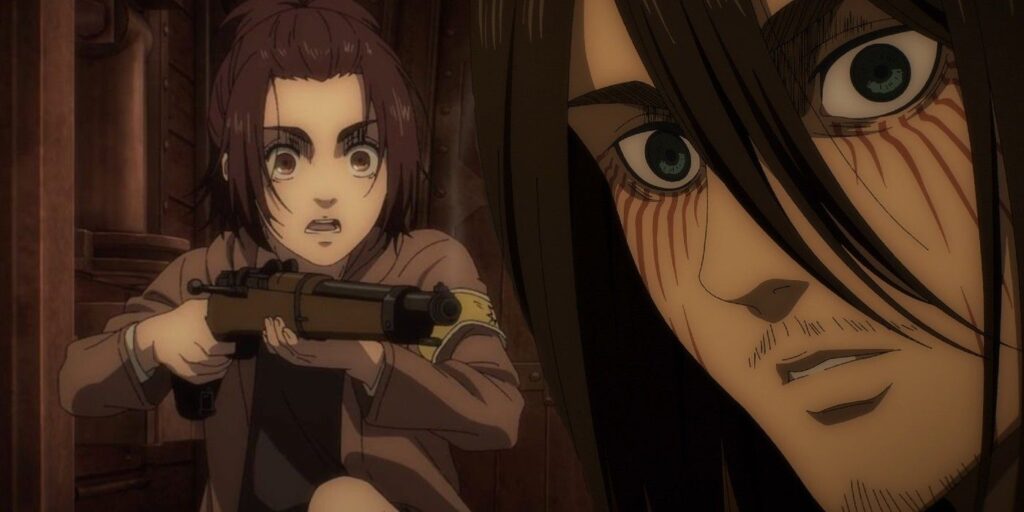
Few series have inspired as much fierce debate and emotional investment as Attack on Titan, a story that blurs the line between right and wrong, forcing viewers to confront uncomfortable truths about war, morality, and vengeance. Throughout its run, fans have grown deeply attached to the cast, and as a result, betrayal and loss hit especially hard. Perhaps no character has suffered the wrath of the fandom more than Gabi Braun, as her act of killing the beloved Sasha Braus earned her widespread and enduring hatred.
But here lies the contradiction, because while Gabi remains one of the most hated characters in the Attack on Titan universe, Annie Leonhart, the Female Titan who murdered countless members of the Survey Corps in cold blood, was, by the end of the series, largely forgiven. She was even given a peaceful resolution and sympathetic sendoff. This discrepancy reveals a deep inconsistency in how we, as fans, evaluate characters’ actions. If Gabi deserves condemnation, then why doesn’t Annie? And if Annie is worthy of forgiveness, shouldn’t Gabi be afforded the same?
Gabi Braun: The Most Hated Girl in Paradis
Why Gabi Became the Fandom’s Favorite Target
Gabi’s introduction in season 4 marked a sharp turn in the narrative, placing viewers in the shoes of Eldia’s enemies. As a Marleyan Warrior candidate, she was raised in an environment of propaganda and militarism, designed to turn children into weapons. Her act of killing Sasha was not born from cruelty but from indoctrination and survival instinct. Yet fans did not see a brainwashed child, they saw a villain who took a beloved character away.
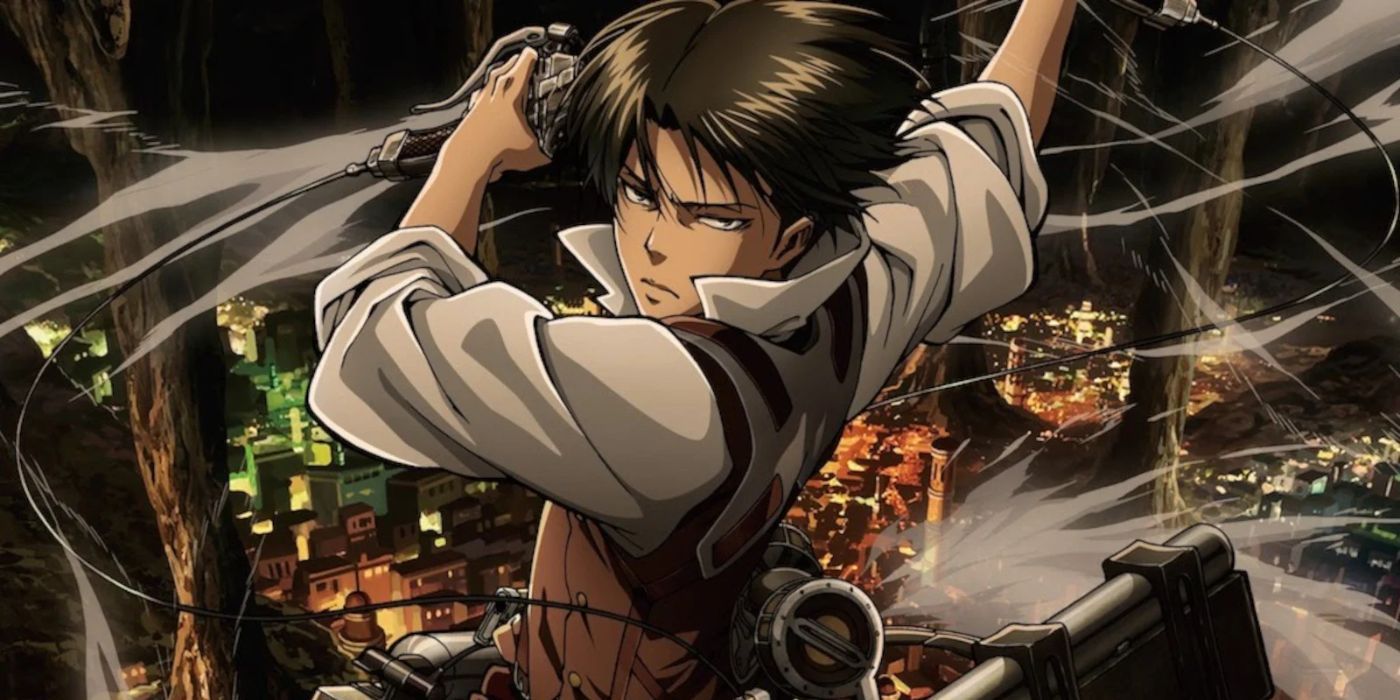
Related
A Lot of Attack on Titan Fans Totally Missed the Anime’s Best Arc and It’s a Big Shame
Attack on Titan is one of the greatest anime of all time, but it has a hidden OVA arc that every fan needs to see at least once in their life.
Sasha’s death was personal for fans. Her carefree spirit and comic relief made her a fan favorite, and her loss stung. Gabi’s cold expression after pulling the trigger only added fuel to the fire. The fandom had little sympathy for her reasons and many dismissed her as irredeemable. Yet what is often overlooked is the journey Gabi undertook after Sasha’s death. She faced her guilt head-on, questioned her beliefs, and ultimately chose to fight for peace, not revenge. Her growth was meaningful, and for some, redemptive.
Despite this arc of self-awareness and transformation, Gabi was never truly embraced by the fandom. Memes, posts, and videos continue to vilify her. It is a reaction steeped more in emotion than logic, because when you compare her crimes to those of others, the scale of condemnation feels disproportionate. And no character illustrates that imbalance more than Annie Leonhart.
Annie Leonhart: The Forgiven Killer
The Cold-Blooded Titan Who Walked Free
Annie’s role as the Female Titan was one of the first major betrayals in Attack on Titan. Cold, methodical, and brutal, she murdered dozens of Survey Corps members during the 57th Expedition, including Levi’s elite squad, among them, the beloved Petra. Unlike Gabi’s single bullet, Annie’s actions included horrific displays of violence by swinging bodies into trees, crushing skulls, and stomping out lives without hesitation. Her actions were not born from panic or confusion; they were deliberate.
Even after her identity was revealed, Annie showed little remorse. She encased herself in crystal, avoiding accountability for years. And yet, when she reemerged in the final arc, she was accepted back into the group with barely a raised eyebrow. Mikasa, Armin, and others welcomed her presence, and fans seemed to quickly move on, as if her past atrocities were a distant memory.
This raises a troubling question about why Annie is granted empathy and redemption, while Gabi is ostracized and hated? Is it because Annie’s violence was spread out over time, or because Sasha’s death was more emotional for viewers? Either way, the moral discrepancy is glaring. Annie’s body count and brutality far outweigh Gabi’s. If actions truly speak louder than words, then Annie’s should scream for condemnation. Yet they do not because, perhaps, her crimes occurred earlier in the series, before fans grew too attached to her victims.
Fandom Bias and the Selective Nature of Forgiveness
When Emotions Trump Morality in Storytelling
What this ultimately reveals is how emotion shapes fandom perception far more than moral consistency. Gabi’s single but devastating act affected someone the audience loved, while Annie’s wide-scale violence impacted characters who, at the time, were less deeply established. Fans may say they judge characters by their actions, but in practice, they often judge based on how those actions made them feel. Sasha’s death was heartbreaking; Petra’s, though tragic, was not as deeply felt by the broader audience.
A stoic killer like Annie is somehow more palatable than a teenage girl lashing out in grief and rage.
There is also the issue of aesthetics and personality. Annie is aloof, cool, and emotionally distant, a character archetype that often garners intrigue and admiration. Gabi, on the other hand, is loud, impulsive, and opinionated, which are traits that make her an easier target. These surface-level biases shape how viewers internalize characters’ stories, often unfairly. A stoic killer like Annie is somehow more palatable than a teenage girl lashing out in grief and rage.
Additionally, the narrative plays a role. Annie got a redemption arc framed with sympathy because her childhood was tragic, her father loved her, and she ultimately did not enjoy killing. Gabi’s redemption, while just as genuine, lacked the same emotional polish. She was never framed as a “tragic hero” in the same way Annie was. This framing, combined with fandom emotion and bias, created an uneven playing field where forgiveness was selectively applied.
Gabi Deserves What Annie Got: A Second Chance
It Is Time to Be Honest About Who We Forgive
Attack on Titan is a series that thrives in moral ambiguity, where villains are victims, and heroes become monsters. It challenges viewers to look beyond the surface and ask difficult questions about loyalty, justice, and the cycle of violence. But the way the fandom reacts to characters like Gabi and Annie shows that we are not always ready to face those questions honestly. If we are going to hate Gabi for Sasha’s death, a single, impulsive act, then we must also hold Annie accountable for her calculated slaughter.
Alternatively, if we can accept that Annie was a product of her circumstances and deserved a chance at redemption, then Gabi surely deserves that too. Both Attack on Titan characters were indoctrinated children fighting wars they did not start. Both changed, questioned, and grew. The difference lies not in their crimes, but in how we, as viewers, choose to process them. It is time to recognize that inconsistency, and, perhaps, offer Gabi the same grace we have already extended to Annie. Because if forgiveness is only offered to those whose sins do not inconvenience our favorite characters, then maybe it is not forgiveness at all.

